Review: An Ice-Cream War by William Boyd
Rating: 8/10
The back-drop to this novel is the merry dance which Prussian lieutenant-colonel von Lettow-Vorbeck led the British forces in German East Africa during The Great (!!) War. Boyd grew up in West Africa and knows what colonial life was like. He is a Scot and perhaps this is why he enjoys making quite a mockery of the British officers.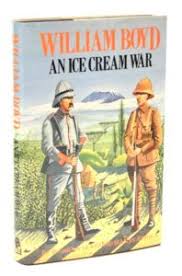 (Think Captain Mannering of Dad’s Army). Nonetheless, between guffaws, he brings us firmly back to earth with sudden unexpected explosions of violence, all the more powerful for their purposelessness. I had the sense of reading about a cricket match where bodies get chalked up as runs.
(Think Captain Mannering of Dad’s Army). Nonetheless, between guffaws, he brings us firmly back to earth with sudden unexpected explosions of violence, all the more powerful for their purposelessness. I had the sense of reading about a cricket match where bodies get chalked up as runs.
One troubling point was the occasional references to ‘niggers’ and ‘coolies’ and my 21st century sensibility struggled with the conflict between respectfulness and authenticity.
Initially I found the book old-fashioned in presentation (comic-book cover) and writing style, reminding me of Boy’s Own yarns but this soon yielded to pleasure in a well-told story where much of the humour turned out to be a well-honed metaphor for the mindlessness and chaos which arises when politicians and generals send young men to pointless deaths. I began to dread the appearance of the very comic district officer Wheech-Browning which always presaged more dreadful deaths.
Following on a recent reading of The African Queen by C.S. Forester, I may be starting to build an African bookshelf.

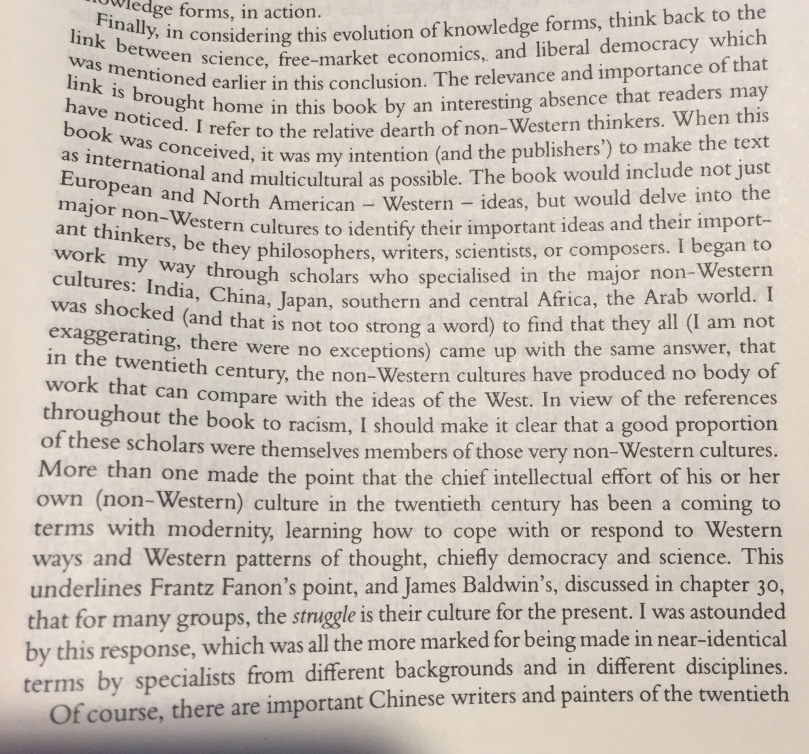
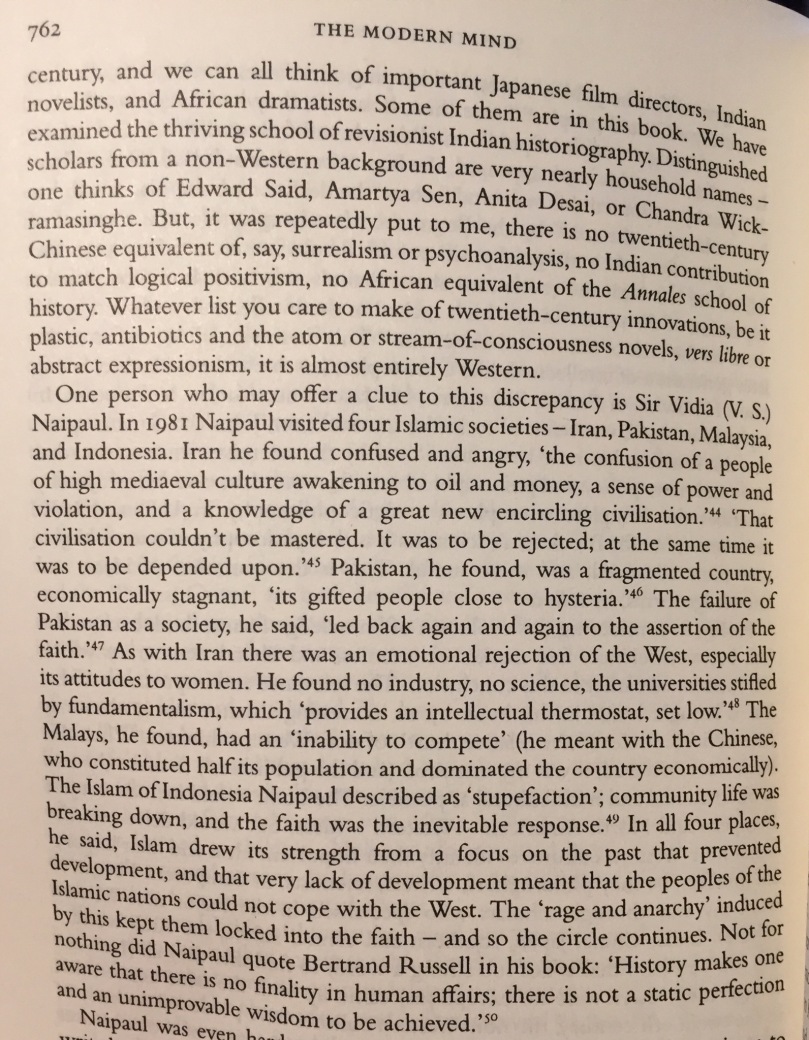
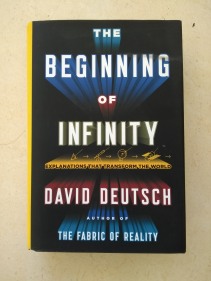
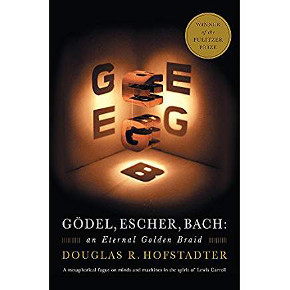 Gödel’s theorem represents to me one of the high intellectual achievements of the 20th century. It was a devastating hammer-blow to mathematicians; imagine that you’ve given your life’s work to proving, say, Goldberg’s Conjecture. Gödel says that not everything that is true is provable; so maybe you’ve wasted your life on one such unprovable conjecture! (The very fine novel: Uncle Petros and Goldbach’s Conjecture by Apostolos Doxiadis imagined just such an outcome and is well worth reading).
Gödel’s theorem represents to me one of the high intellectual achievements of the 20th century. It was a devastating hammer-blow to mathematicians; imagine that you’ve given your life’s work to proving, say, Goldberg’s Conjecture. Gödel says that not everything that is true is provable; so maybe you’ve wasted your life on one such unprovable conjecture! (The very fine novel: Uncle Petros and Goldbach’s Conjecture by Apostolos Doxiadis imagined just such an outcome and is well worth reading). hopes the project will lead. Books were central but there was clearly lots of appetite for other media (cinema, TV) and also excursions to cultural locations; some of those mentioned included the Casino in Marino, Victor’s Way in Roundwood and
hopes the project will lead. Books were central but there was clearly lots of appetite for other media (cinema, TV) and also excursions to cultural locations; some of those mentioned included the Casino in Marino, Victor’s Way in Roundwood and